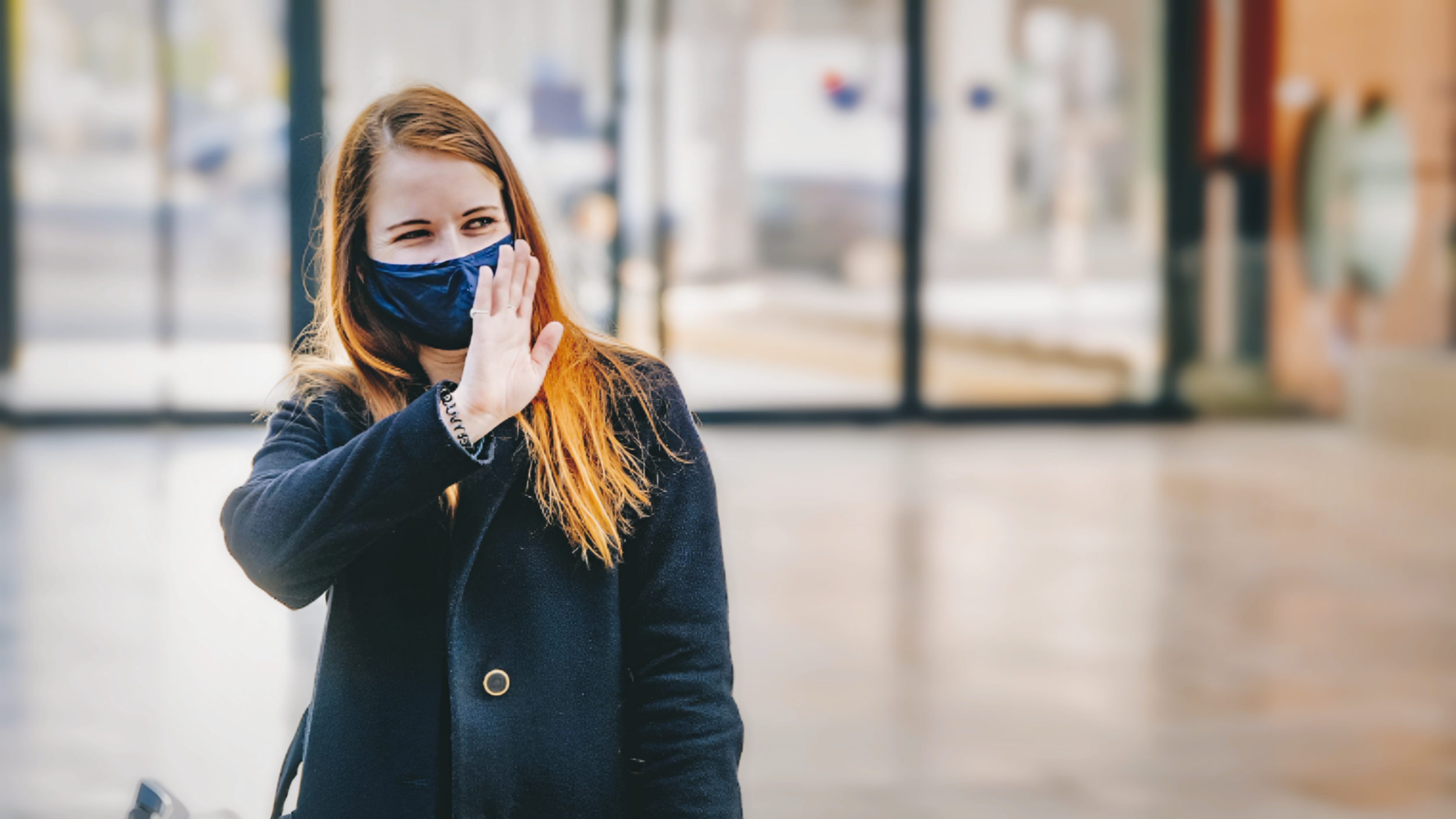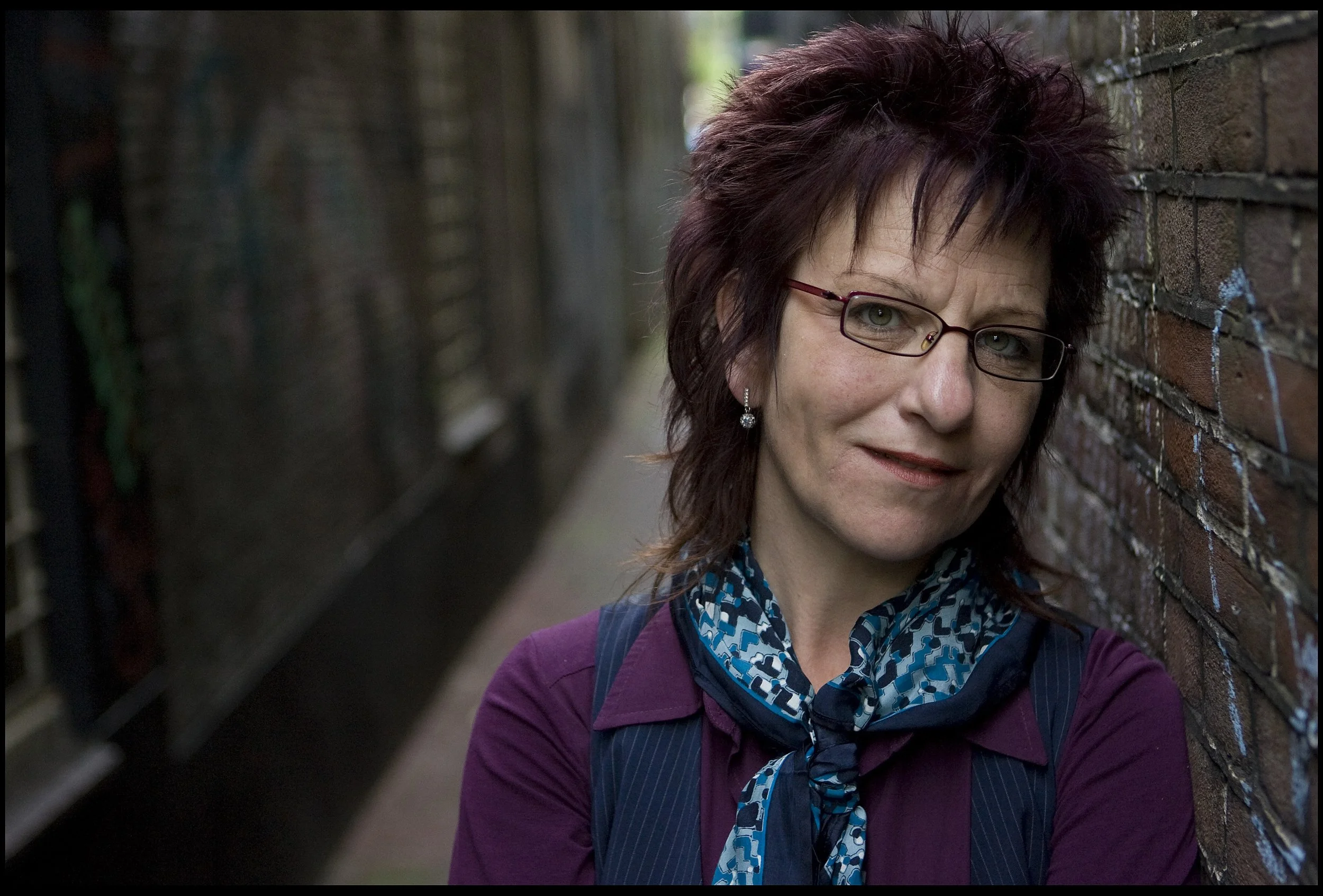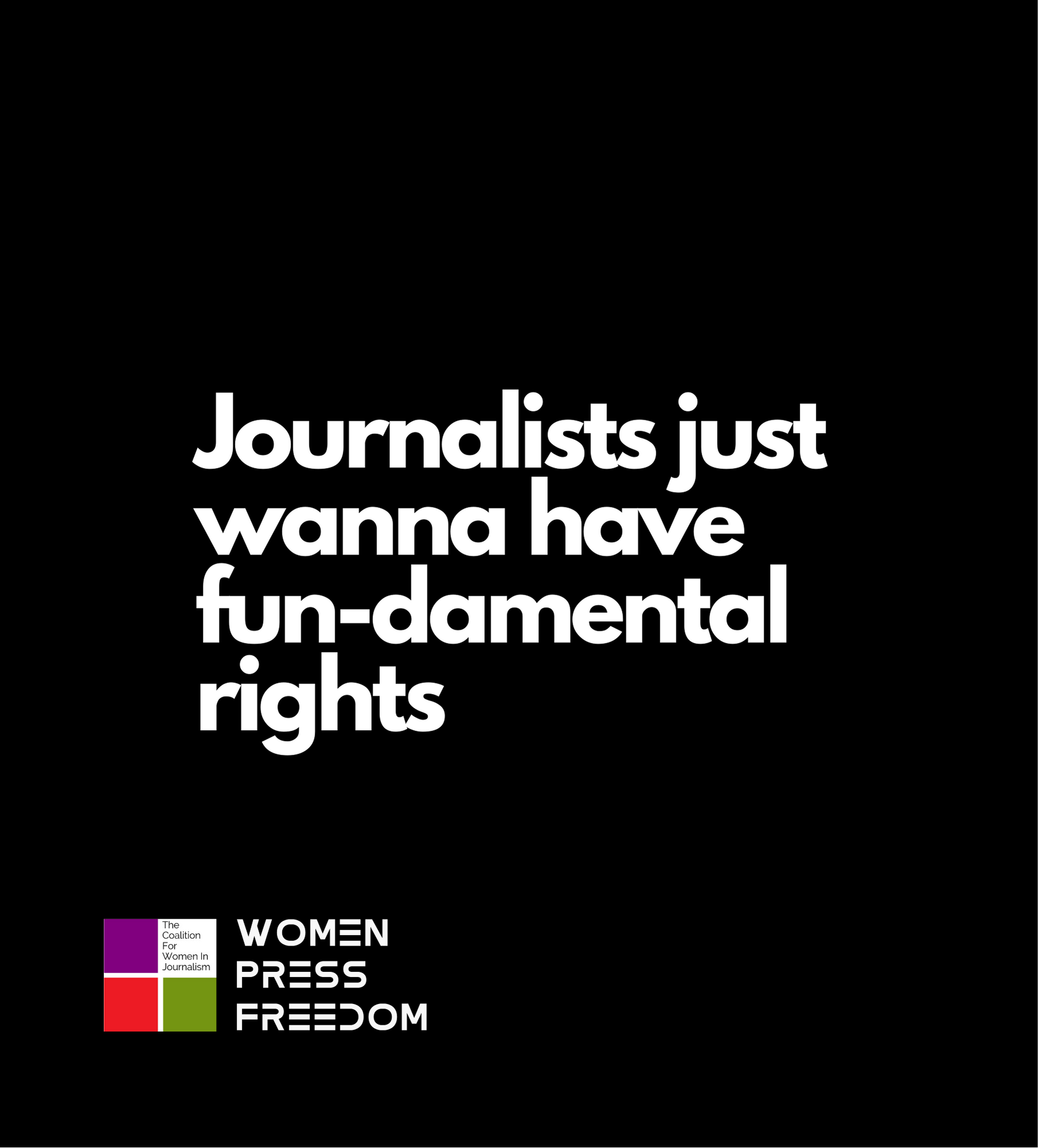Netherlands: University Threatens Delta’s Editor-in-Chief Saskia Bonger with Legal Action Over Social Safety Story
An amended version of the article has been republished following nationwide outcry
Location: The Netherlands, Delft
Date: April 15, 2024Update: July 15, 2024Women Press Freedom stands in solidarity with Saskia Bonger, the editor-in-chief of TU Delft's university magazine Delta, following the undue legal pressure and subsequent censorship she faced over an article concerning social safety at the university. This incident is emblematic of the ongoing struggle for press freedom within academic institutions, where journalists are often employees and thus subject to institutional pressures. The ability of the press to report freely and independently is crucial for transparency and accountability, particularly within educational environments that shape the minds of future leaders. We condemn the actions of TU Delft in issuing a cease-and-desist letter threatening personal legal action against Bonger and her editorial team. This move not only stifles free speech but also creates a chilling effect on journalistic endeavors within the university. The retraction and subsequent republishing of the article, albeit with minimal changes, highlight the coercive tactics employed by the administration to suppress uncomfortable truths. We call on TU Delft to establish and respect clear editorial statutes that guarantee the independence of their journalistic bodies. These statutes should explicitly protect journalists from retaliation for their work.
Saskia Bonger, editor-in-chief of TU Delft's university magazine Delta, faced legal pressure and was compelled to take down an article concerning social safety at the university. The controversial piece, which highlighted issues of racism and discrimination, has since been republished following significant backlash and public attention.
The turmoil began when the Dutch Education Inspectorate released a 114-page report detailing severe social safety concerns at TU Delft, including allegations of racism and discrimination. The university disputed these findings with a lengthy counterstatement, which was noted but not accepted by the Inspectorate.
In April, tensions escalated when Bonger published an article exposing a gag order related to a director's performance. Within hours of its publication, TU Delft and the director issued a cease-and-desist letter threatening legal action if the article was not removed. Under duress, the editorial team, who are university employees, took the article offline.
"It’s not every week that I have to defend articles tooth and nail," Bonger told Villamedia. "Our position within the university is complex as we are journalists and staff members. But the organization often sees us more as staff than journalists."
After the article’s removal, the censorship gained national attention, resulting in parliamentary questions. Under pressure, TU Delft issued an apology, acknowledging the cease-and-desist letter should not have been sent and reaffirming Delta’s editorial independence.
Despite the university's apologies, the relationship between Delta and the university administration remains strained.
Bonger, who personally authored the article due to its high-risk nature, expressed frustration over the lack of support from the university. "Education administrators do not like dissent. The university democracy that once existed is no more," she said, criticizing the administration for trying to maintain a flawless corporate image at the expense of transparency and accountability.
As the university continues to navigate the fallout from this incident, Bonger and her team at Delta remain committed to their role as independent journalists. "A university like TU Delft has an important role in society. Therefore, a signaling and controlling function is necessary," she stated, emphasizing the need for independent journalism within academic institutions.
The actions of the TU Delft administration highlight the fragility of press freedom within institutions where power dynamics can easily suppress dissent. Women Press Freedom urges academic institutions to recognize the invaluable role of independent journalism and to commit to upholding the principles of free speech and transparency. We will continue to monitor this situation and support journalists facing similar challenges. We stand with Saskia Bonger and all journalists fighting for the truth, and we call on TU Delft to uphold its commitment to press freedom and to take concrete steps to ensure such incidents do not recur.
Women Press Freedom is an initiative by The Coalition For Women In Journalism
The Coalition For Women In Journalism is a global organization of support for women journalists. The CFWIJ pioneered mentorship for mid-career women journalists across several countries around the world and is the first organization to focus on the status of free press for women journalists. We thoroughly document cases of any form of abuse against women in any part of the globe. Our system of individuals and organizations brings together the experience and mentorship necessary to help female career journalists navigate the industry. Our goal is to help develop a strong mechanism where women journalists can work safely and thrive.
If you have been harassed or abused in any way, and please report the incident by using the following form.








